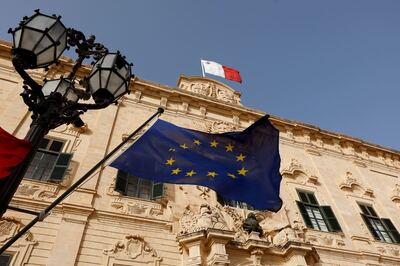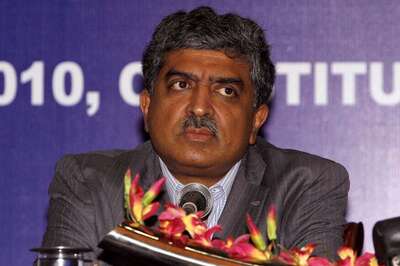
views
The Nelson Mandela International Day is celebrated every year on July 18 since 2009 following a resolution passed by the United Nations. The United Nations invites people worldwide to mark Mandela Day by making a difference in their communities. “Everyone has the ability and the responsibility to change the world for the better! Mandela Day is an occasion for all to take action and inspire change,” the global body says.
The United Nations in November 2009 passed a resolution declaring July 18 as "Nelson Mandela International Day" in recognition of the former South African President’s contribution to “the culture of peace and freedom.”
Resolution A/RES/64/13 recognizes Nelson Mandela’s values and his dedication to the service of humanity in conflict resolution; race relations; promotion and protection of human rights; reconciliation; gender equality and the rights of children and other vulnerable groups; the fight against poverty; the promotion of social justice.
“The resolution acknowledges his contribution to the struggle for democracy internationally and the promotion of a culture of peace throughout the world.”
Nelson Mandela, who served as President of South Africa from 1994 to 1999, is globally remembered as an anti-apartheid revolutionary, political leader, and philanthropist.
Born in British South Africa on 18 July 1918, Mandela studied law before working as a lawyer in Johannesburg, where he became involved in anti-colonial and African nationalist politics.
He was imprisoned for life for campaigning against the apartheid system of racial segregation established by the National Party's white-only government.
He would serve 27 years in prison before being released in 1990 by then South African President F. W. de Klerk in wake of growing domestic and international pressure, and fears of a racial civil war.
Mandela became South Africa’s first black president after the African National Congress emerged victorious in the 1994 general election.
He gained international acclaim for his activism, receiving more than 250 honours including the Nobel Peace Prize.




















Comments
0 comment